Are you fascinated by the Earth's natural history? These are the geology museums you should visit in Hesse:
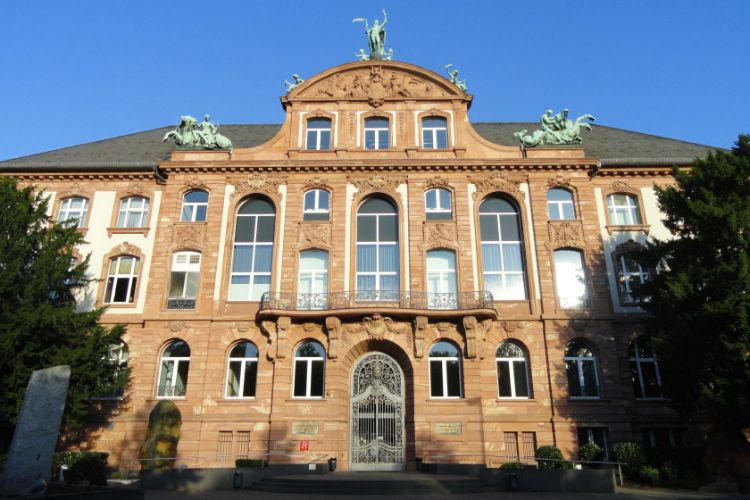
Senckenberg Natural History Museum
FrankfurtThe Naturmuseum Senckenberg (Senckenberg Natural History Museum) is the largest museum of natural sciences in Germany, located in Frankfurt and housed in a building that was built between 1904 and 1907. The Naturmuseum Senckenberg holds the largest collection of large dinosaurs in Europe. One specif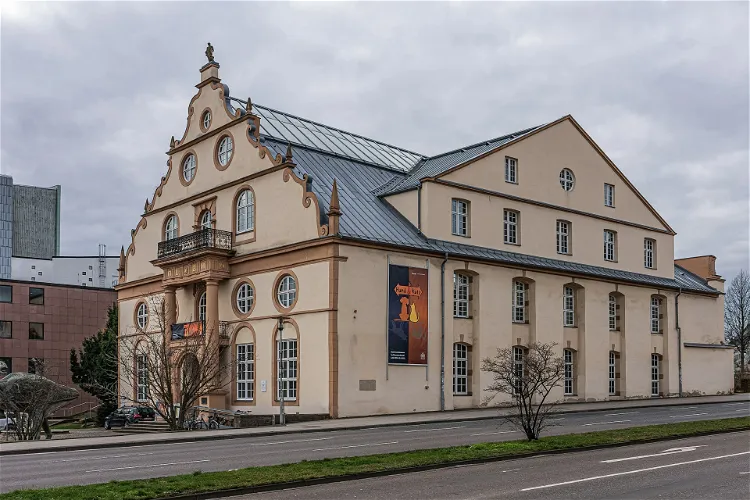
Ottoneum
KasselThe Ottoneum, located in Kassel, Germany, holds the distinction of being the first theater building ever constructed in the country. Today, it serves as a museum of natural history, offering visitors a chance to explore a wide range of exhibits and collections that delve into the natural world.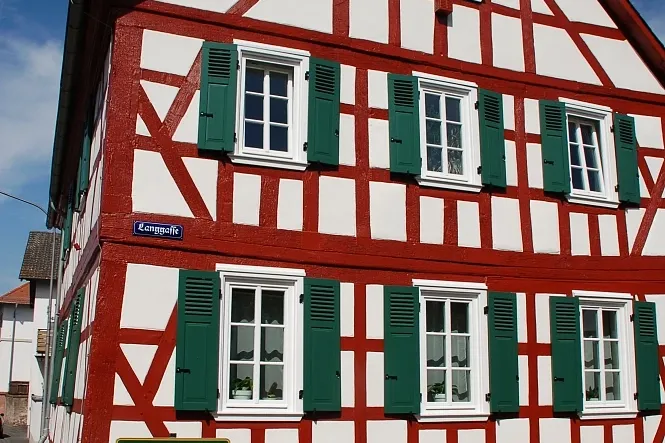
Fossilien- und Heimatmuseum Messel
MesselThe museum offers a comprehensive view of both the local history and economic development of the local industry. Additionally, it features a large exhibition on the earth history of the Middle Eocene, showcasing original finds from the Messel Pit. This combination of local history and paleontological exhibits makes the museum a fascinating destination for tourists interested in both history and natural sciences.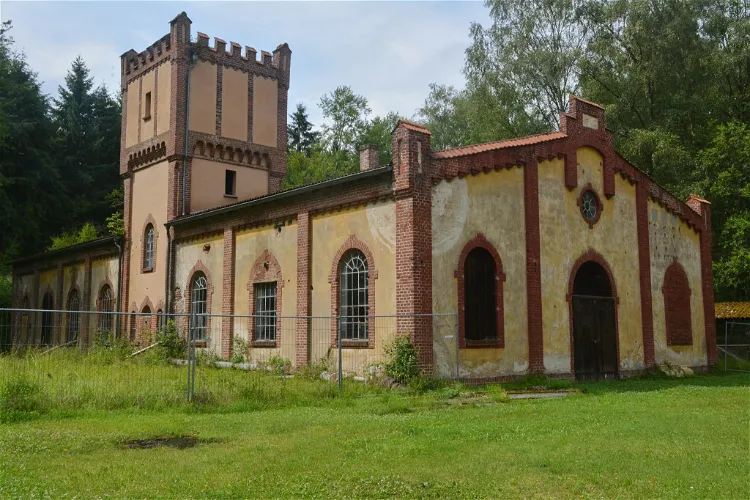
Grube Fortuna
SolmsToday, the Grube Fortuna serves as a visitor mine and a geo-information center, located within the Geopark Westerwald-Lahn-Taunus. This offers tourists a unique opportunity to explore the mine and learn about the geological features of the region.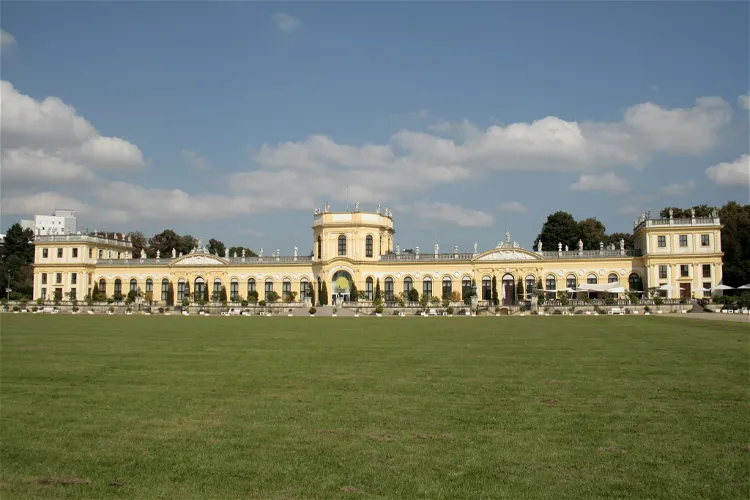
Astronomisch-Physikalisches Kabinett
KasselThe Astronomisch-Physikalisches Kabinett is a museum located in Kassel, Germany. Its collection is rooted in the promotion of natural sciences by the Hessian landgraves and their passion for curiosities. This museum is a testament to the historical interest in science and the pursuit of knowledge in the region.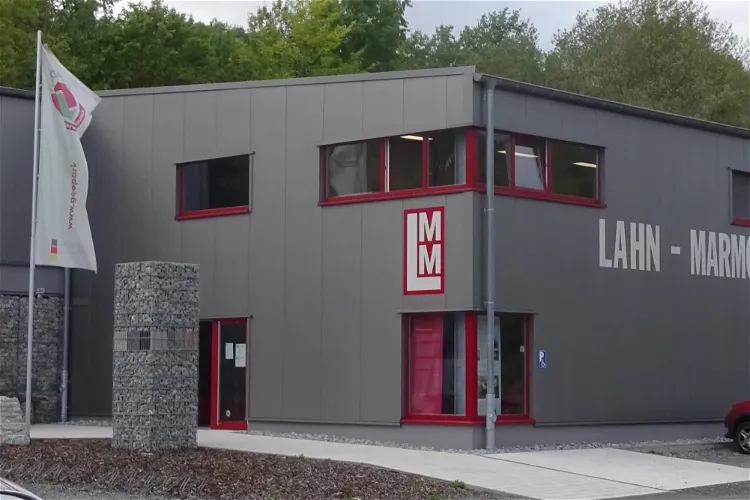
Lahn-Marmor-Museum
VillmarThe Lahn Marble Museum, situated in the central Hessian municipality of Villmar in the Limburg-Weilburg district, is dedicated to the Lahn marble found in the Lahn valley. This museum provides an in-depth exploration of this unique natural stone, its formation, and its historical and contemporary uses.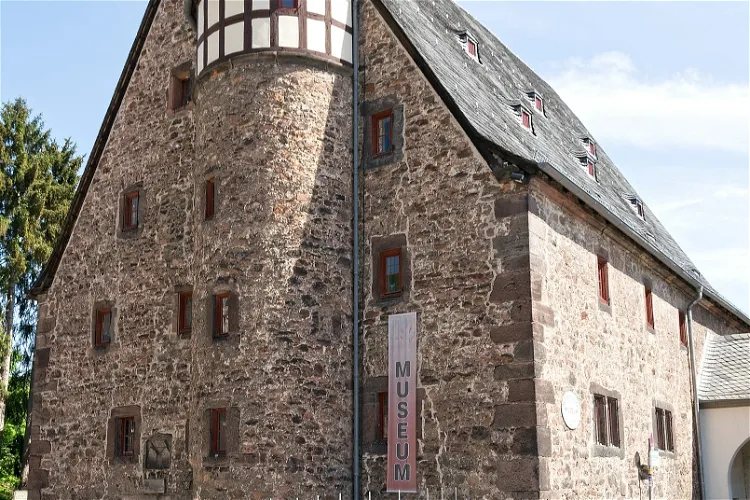
Mineralogical Museum
MarburgThe Mineralogical Museum of the Philipps University in Marburg is home to an extensive collection of geological specimens that have been gathered since the late 18th century. The collection currently boasts 60,000 minerals, 55,000 rock samples, 15,000 gemstone raw samples, and 150 meteorites. This makes it a significant destination for those interested in geology and mineralogy.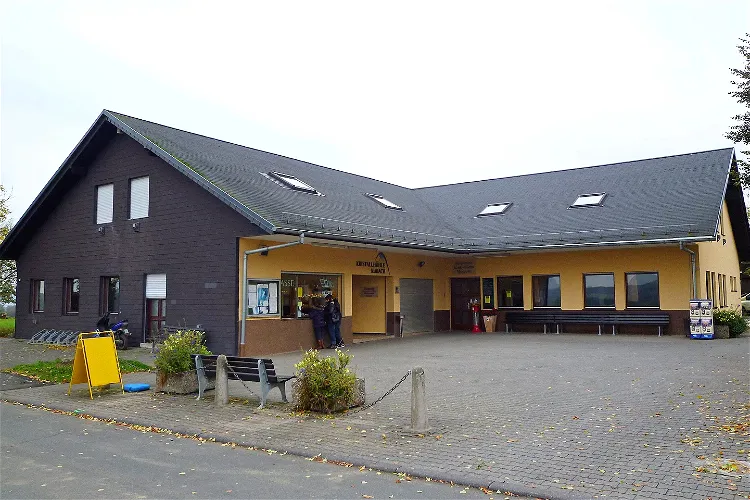
Kubach Crystal Cave
WeilburgThe Kubach Crystal Cave, located in Kubach, Weilburg, is a unique geological formation in Germany. Its walls are adorned with countless calcite crystals and pearl sinter, making it a unique spectacle for visitors. The cave's crystal decorations are considered unique in Germany, offering a one-of-a-kind experience for those interested in geology and natural beauty.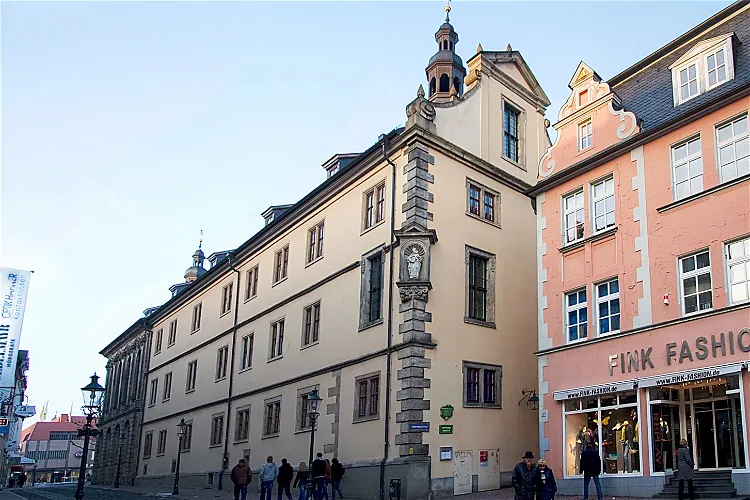
Vonderau Museum
FuldaThe Vonderau Museum, located in the city of Fulda, is named after Joseph Vonderau, a teacher and local researcher. This museum is a significant part of the city's cultural heritage and offers a deep dive into the history and culture of the region.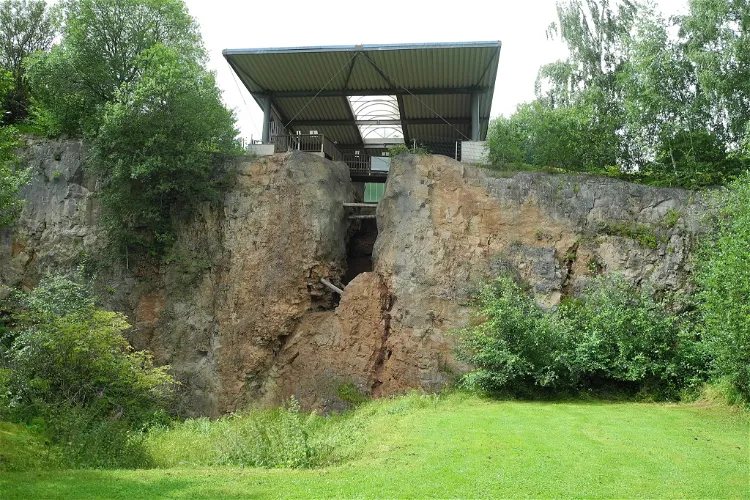
Korbacher Spalte
KorbachThe Korbacher Spalte is not only a geological wonder but also a significant fossil site. It is protected as a cultural monument under the Hessian Monument Protection Act, highlighting its importance in the field of paleontology and cultural heritage.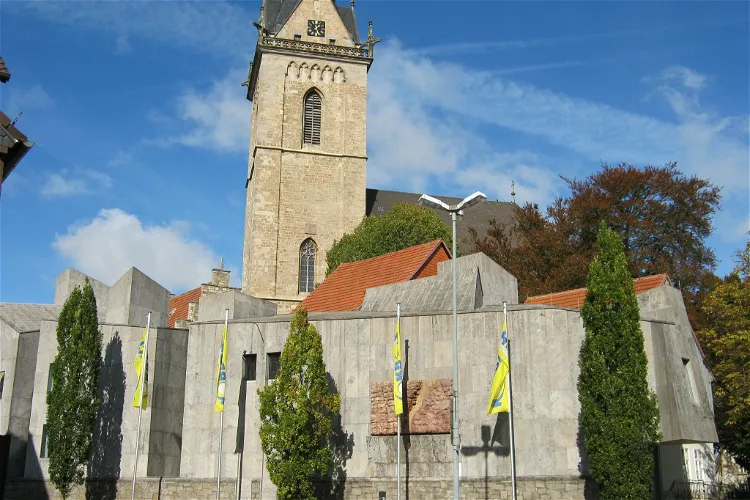
Wolfgang-Bonhage-Museum
KorbachThe museum is known for its collection of fossils found in the Korbach fissure. Its architecture, which combines historical buildings with contemporary design, has won multiple awards, including a special prize from the German Urban Development Prize in 1999.